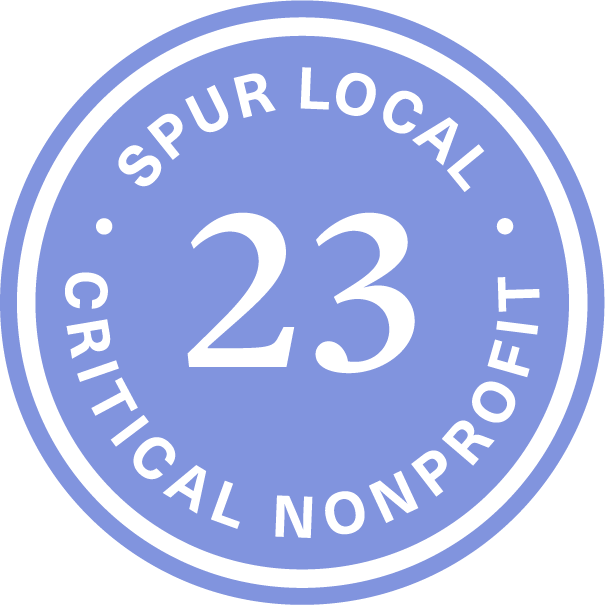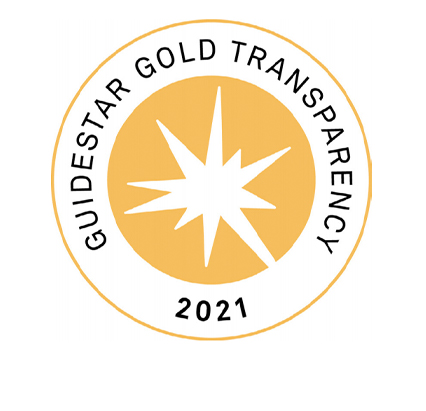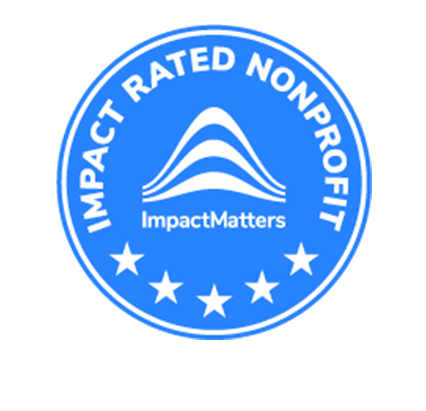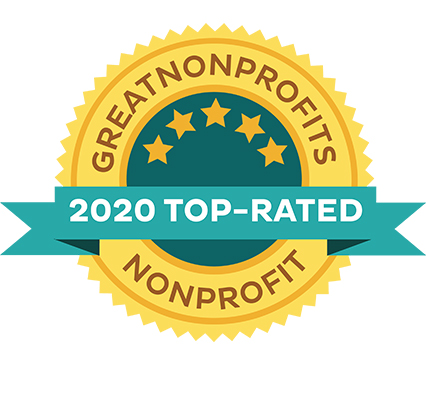Housing options for survivors who are deaf, hard of hearing or have a disability:
A disability is a mental or physical condition that limits one’s ability to do one or more daily life activities. Domestic violence towards people who are Deaf or have a disability is often overlooked because, while equally devastating to the survivor, sometimes it can appear different from what is commonly defined as “domestic violence.” The perpetrator may be someone other than a romantic partner, such as a paid caregiver or a family member.
Abusive tactics that are commonly used against people with disabilities include:
- Manipulation of medication;
- Financial exploitation;
- Destruction of or withholding of assistive devices;
- Neglect or refusal to help with personal care;
- Denying access to information that will help increase one’s independence.
For survivors who are Deaf, abusers often use the following additional power and control tactics:
- Break or hide the TTY or other communication devices;
- Isolate survivors from their friends;
- Break or hide hearing aids.
*Information retrieved from the Abused Deaf Women’s Advocacy Services.
For additional information on violence against women who are Deaf or have disabilities, visit www.accessingsafety.org.
Housing Options for Survivors with Disabilities:
The following are a few housing options that survivors with physical or mental disabilities might consider if seeking safe housing options:
HOUSE OF RUTH – NEW PATHWAYS
Address: 700 6th Street, NW, Washington, DC
Phone: 202.667.7001 ext. 207
Fax: 202.544.0340
Web: www.houseofruth.org
Population Served: Single women.
Services: Permanent supportive housing.
Admission Process: Must be referred by House of Ruth’s Madison Emergency Shelter.
Eligibility Requirements: Women must be living with a mental illness.
Wheelchair Accessible: No.
PATHWAYS TO HOUSING
Address: 101 Q Street, NE, Suite G, Washington, DC 20002
Phone: 202.529.2972
Fax: 202.529.2976
Web: www.pathwaystohousing.org
Population Served: Single women; single men.
Services: Permanent housing (apartment style scattered site); social services; money management, cleaning, and cooking classes.
Admission Process: Applicants should call to speak to the clinical director for additional information. In general, applicants should be referred through a case manager at Department of Mental Health or core service agency such as Community Connections or Green Door.
Eligibility Requirements: Must have a chronic mental illness and be chronically homeless as defined by HUD for the last year or four times within the last three years.
Wheelchair Accessible: Yes
WOODLEY HOUSE
Address: 2711 Connecticut Avenue NW Washington, DC 20008
Phone: 202.234.5843 or 202.328.4068
Fax: 202.265.3428
Web: www.woodleyhouse.org
Population Served: Single women; single men.
Services: Transitional housing for 6 months to 1 year (11 scattered sites); case management services; day program; skills training; meals; laundry services; and $100 for toiletries/personal items.
Admission Process: Referrals come from the Department of Mental Health, courts and core service agencies. Anyone making a referral should call to obtain the “program referral sheet” which explains the process and the various documentation needed, including a LOCUS score of 22 or less and doctor’s list of all current medications. All necessary documentation is required before an interview is conducted with the applicant.
Eligibility Requirements: Must be a DC resident; must have a mental illness diagnosis and be connected to a core service mental health agency.
Wheelchair Accessible: Yes.
Notes: The program will provide transportation if public transportation is not feasible. There is a fee of $1022 dollars for all CRF community residential clients. Program accepts Bridge Push Funds, and SSI.
Other Housing Resources for Survivors with Disabilities:
- If you or your client has a developmental disability you can contact the DC Department of Disability Services (DDS). DDS works with a core group of service providers who assist people to find and maintain housing as well as provide assistance with life skills. To schedule an intake appointment you must call 202.730.1700, Monday through Friday, between 8:15am and 4:45pm.
- A family whose head of household, spouse or sole member has a physical or mental disability may receive preference for public housing.
If you are a Deaf survivor, the Deaf Abused Women’s Network (DAWN), can provide support identifying housing options as well as provide other forms of assistance: www.deafdawn.org/#services.




